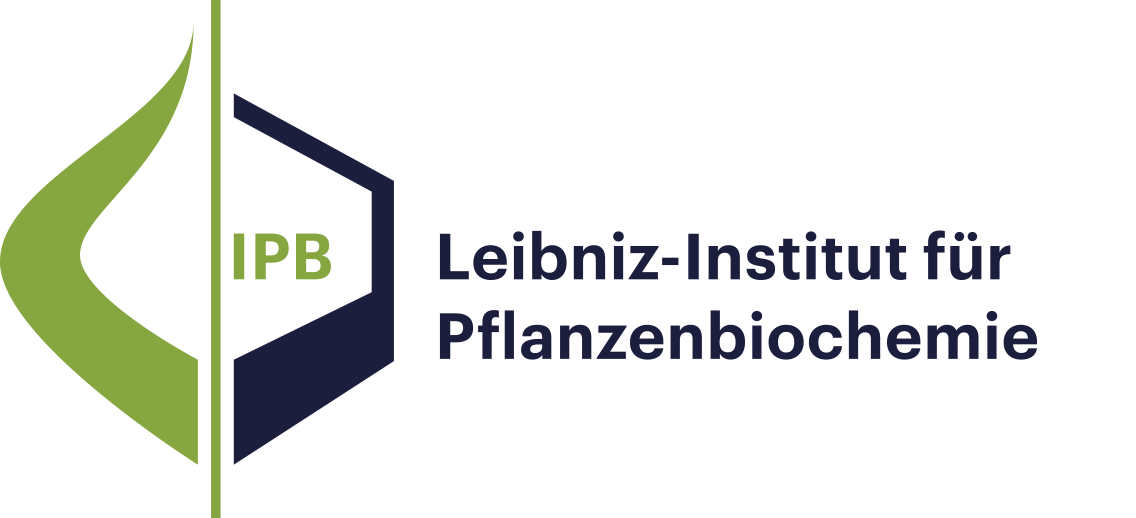- Ergebnisse als:
- Druckansicht
- Endnote (RIS)
- BibTeX
- Tabelle: CSV | HTML
Publikation
Leitbild und Forschungsprofil
Molekulare Signalverarbeitung
Natur- und Wirkstoffchemie
Biochemie pflanzlicher Interaktionen
Stoffwechsel- und Zellbiologie
Unabhängige Nachwuchsgruppen
Program Center MetaCom
Publikationen
Gute Wissenschaftliche Praxis
Forschungsförderung
Netzwerke und Verbundprojekte
Symposien und Kolloquien
Alumni-Forschungsgruppen
Publikationen
Publikation
Inheritance of three major genes involved in synthesis of aliphatic glucosinolates (GSL) was followed in segregating populations of Brassica oleracea L. generated from three crosses: broccoli × cauliflower, collard × broccoli, and collard × cauliflower. Two of these genes, GSL-PRO and GSL-ELONG, regulate sidechain length. The action of the former results in three-carbon GSL, whereas action of the latter produces four-carbon GSL. We determined that these two genes act and segregate independently from each other in B. oleracea. The double recessive genotype produces only trace amounts of aliphatic GSL. The third gene, GSL-ALK controls sidechain desaturation and, as it has been observed in Arabidopsis thaliana (L.) Heynh., we found that this gene cosegregates with a fourth gene, GSL-OH, that is responsible for sidechain hydroxylation. Elucidation of the inheritance of major genes controlling biosynthesis of GSL will allow for manipulation of these genes and facilitate development of lines with specific GSL profiles. This capability will be important for improvement of Brassica breeding lines with high content of desirable GSL, like glucoraphanin, a demonstrated precursor of anticarcinogenic compounds. Additionally, this work is the first step towards cloning the major genes of the aliphatic GSL pathway, and to use these clones in transformation strategies for further crop enhancement.

